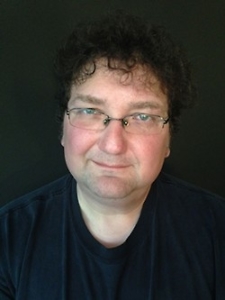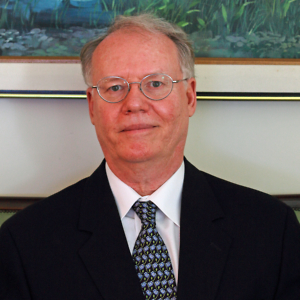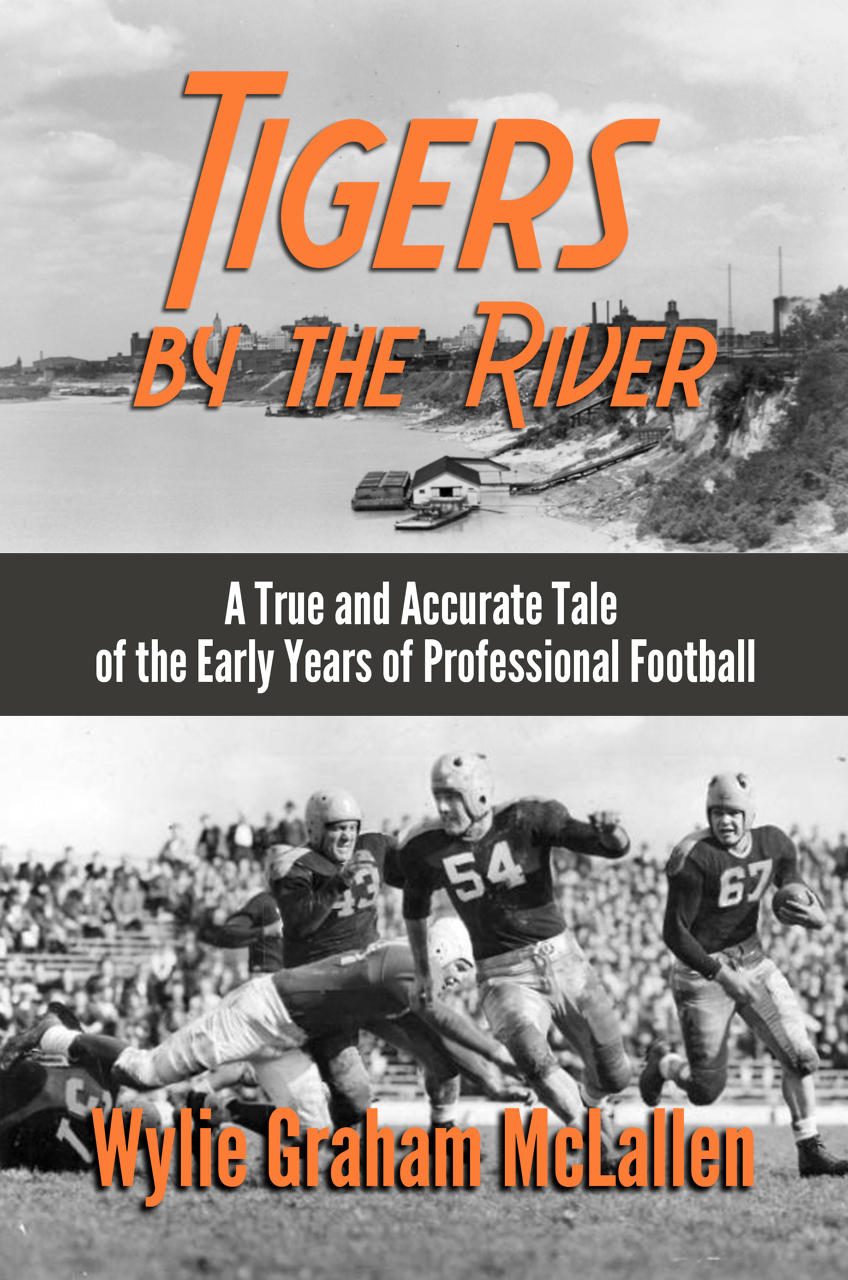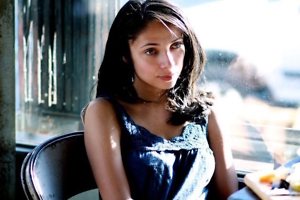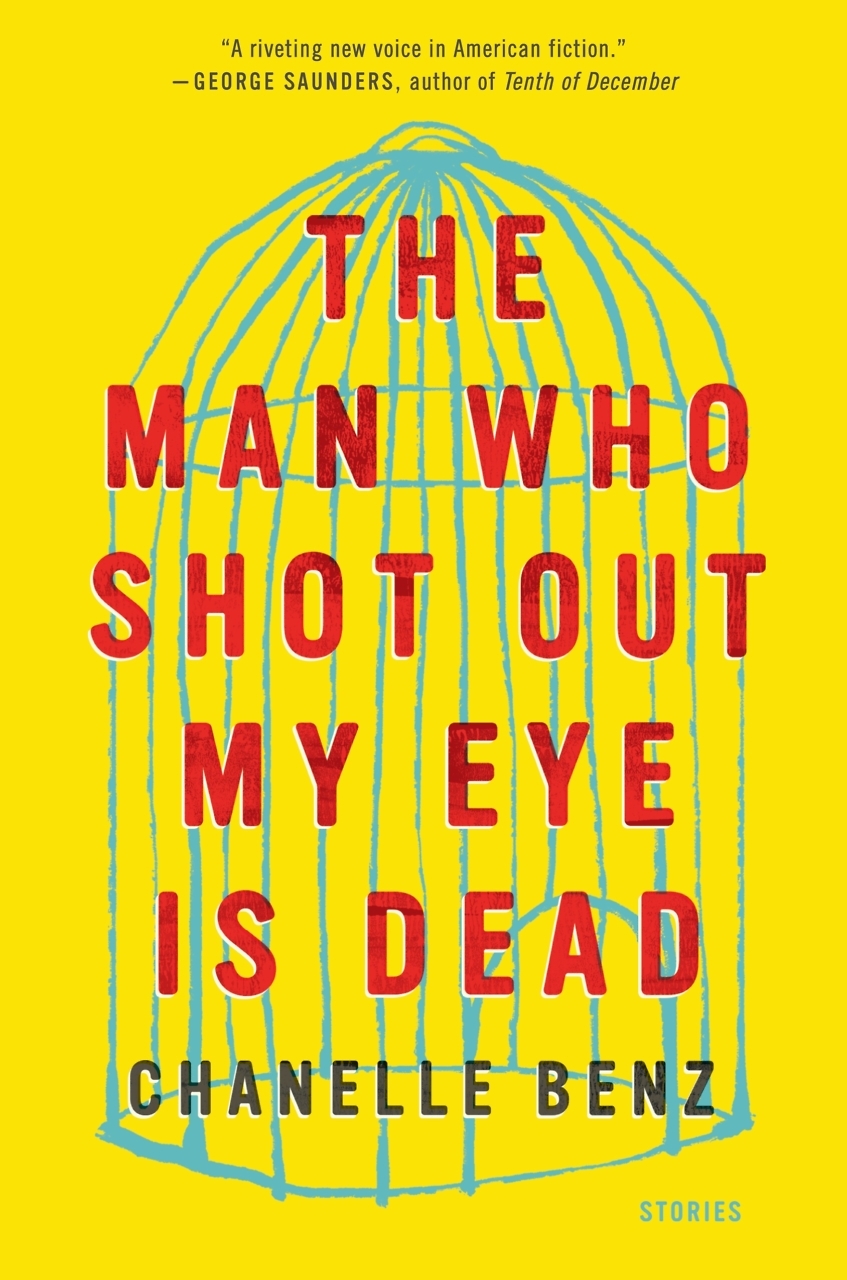Power to Harm and to Heal
A veteran religion writer considers the changing church
Whether he’s covering Dave Ramsey, Beth Moore, Southern Baptists, or snake handlers, Bob Smietana knows how to narrate the cult in the word culture. This is to say he’s a religion reporter. Formerly the religion writer for The Tennessean and a senior editor of Christianity Today, he is currently a national reporter for Religion News Service.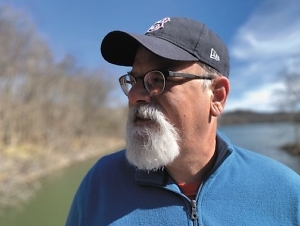
With Reorganized Religion, described by Publishers Weekly as “a superb examination of the future of Christian institutions,” Smietana separates the wheat from the chaff, the healthy from the toxic, with enough depth and affection to give readers a dose of hopefulness. He’s also skilled in applying pop culture truisms to real-life events. He has us mulling the fate of fallen pastors with words from Frank Herbert, author of Dune: “Heroes are painful, superheroes are a catastrophe. The mistakes of superheroes involve too many of us in disaster.” The more mega the church, the more costly the implosion.
With compassion and candor, Smietana traces the fallout when “disdain proves more powerful than love,” as well as the harbor found when “someone left the lights on and kept the door open.” His sources trust him for a reason. He won’t play favorites or coddle bigots, and he won’t treat a person like a cartoon even when they act like one. He recently answered questions from Chapter 16 via email.
Chapter 16: Bob, you are something of a legend in telling difficult stories with dignity. Even when it’s a tale of perpetrators and survivors of spiritual abuse, you’re breathtakingly fair and level-headed. What’s a little different here is you weave in your own experience of religion, as one whose life has been served and maybe even sometimes saved by it. I got to thinking that you’re someone who loves religion. Do you love religion?
Bob Smietana: That’s a fantastic question. I love covering religion, for sure — how it affects every part of life and the endless variety of stories, practices, and communities that help people find meaning in this world.
Do I love religion, though? Yes, I think so. I am grateful for the life, which religion made possible. Not just religion, but organized religion, in my case, organized Protestant churches and institutions and the people who built and sustained them. I love the way religion commands us to be aware of our flaws and make amends for those flaws, creates habits and rituals that inspire us to be better people, and sends us out into the world to make it a place where everyone can thrive.
Then there’s the joy and richness that comes with being part of a community of faith. The other day we were at a baptism for the granddaughter of one of our dearest friends — a friend we met at a small Christian college in Chicago. In the tradition I grew up in, we sing “Children of the Heavenly Father” at almost every baptism — including a final verse in Swedish, since the church was founded by Swedish immigrants. Hearing that song brought so many memories of singing it to my children as a lullaby and the baptisms of so many people we love. There’s a verse in that hymn which says, “Neither life nor death shall ever from the Lord his child sever; unto them his grace he showeth, and their sorrow all he knoweth” that has been an anchor for my life.
But here’s the thing: I know that so many people have been harmed by religion. They have been told they are not wanted or betrayed by people who promised to care for them or who used the power of organized religion for great evil.
That’s why I am hesitant to say I love religion. But perhaps I love religion enough to know it’s crucial to report on the failings of religious people and institutions.
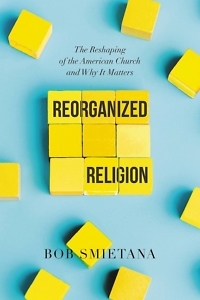 Chapter 16: One theme that emerges among the stories you tell is what power does to communities. When individuals can hold it loosely and commit to sharing it, new forms of faith and lived righteousness emerge. When individuals can’t let go, fear and denial dissolve and destroy. How would you characterize the relationship between religion and power?
Chapter 16: One theme that emerges among the stories you tell is what power does to communities. When individuals can hold it loosely and commit to sharing it, new forms of faith and lived righteousness emerge. When individuals can’t let go, fear and denial dissolve and destroy. How would you characterize the relationship between religion and power?
Smietana: Religion has power to harm and to heal, to rend and to repair — depending on the choices religious people make. Organized religion can be a channel for that power in the world, helping religious people put their ideals into practice. But people can also use that power to do great harm or to excuse the harm done by religious leaders.
We see that so often. Too often, especially if there’s no accountability for a powerful leader. If there’s no one who can say “no” to a religious leader or to demand that they abide by their promises, all hell can break loose.
Chapter 16: You quote Robert Rhea of All Saints Episcopal of Smyrna, Tennessee (which has experienced new life through an influx of refugee farmers from Myanmar) who says, “The Word of God is … extravagant [and] cannot be restricted to the four walls of our church.” That idea seems essential to the kind of faith you’re praising. What are the ingredients for an open-handed, radically hospitable faith?
Smietana: Gratitude is one ingredient, for sure. If you know that you have received grace or been forgiven much, then that ought to lead to an open-handed hospitality. Faith is a word that is overused, but that’s a piece of it, too — especially faith to act as if the things we believe are really true — and to be the people we say we are.
The story of All Saints is a testament to that. That was a church torn apart by a schism and on the verge of closing. Then a group of refugees showed up in need of a place to worship. Now, the few people left at All Saints could have said sorry, we’re closing. Or they could have said, we’ve been hurt before and we can’t risk being hurt again. But they said yes instead, and something remarkable happened.
There’s a phrase I’ve been thinking a lot about lately. You’ve probably seen it on lawn signs or posters: “Hate has no home here.” The signs — which feature a red, white, and blue heart and the phrase “Hate has no home here” in several languages, originated in a neighborhood north of Chicago when there was a great deal of anti-immigrant, and in particular, anti-Muslim rhetoric coming out of Washington, D.C. (Full disclosure, a friend of mine designed the posters, which have spread nationwide.)
That phrase has more than one meaning. It can be interpreted to say hate is not welcome in our community. Which is a great thing. But in our polarized times, that sign and phrase, meant to welcome people, can also be used as weapon against the people we hate or disagree with.
The bigger challenge is to say hate has no place in my life — and further, that I am not going to participate in the kind of hateful rhetoric that fuels much of the polarization in our culture. Welcome isn’t just refusing to hate. It’s offering an open hand to those we dislike or disagree with.
That doesn’t mean that anything goes. I can disapprove of someone’s actions and rebuke them — but I don’t have to hate them. Refusing to hate can also mean working to redeem and restore harm.
Eboo Patel, founder of Interfaith America, likes to say, “We defeat the things we do not love by building the things we do.” That phrase used to bug me. I’d prefer we defeat the things we hate by building the things we love. But now I’m thinking that we need to be wary of hate. We can’t build the things we love if hate is the motivator.
Chapter 16: In recounting scandals like the Southern Baptist Convention’s sexual abuse cover-up, your book reads like a report on apocalypse, a breaking down of an untenable status quo, revealing the trauma and toxicity that were there all along. From your perspective as both a believer and a reporter, do you have faith that everything gets unmasked in the end?
Smietana: I do. Because nothing stays hidden forever. Sometimes the apocalypse takes a long time, but the truth catches up with us all. We see this right now in the United States, as the ills we have long refused to deal with have caught up to us — and the failing of the country’s founders, especially when it comes to slavery, are no longer overlooked or papered over.
One thing I hope — as a reporter and as a believer — is that we will all be quicker to repent and make amends for our wrongs. One of the main points of many religious traditions is that we human beings are flawed. We are selfish. We love the darkness. And religion confronts those failings — and offers us a way out — to admit our wrongdoing and work to make amends for them. But instead of doing that, institutions and leaders often choose self-preservation and self-deception and, as a result, what was a small problem festers into a catastrophic one — and leaves destruction and broken relationships in its wake.
Chapter 16: “Religion,” you note, “is only as good as the people who practice it … Faith harms and heals.” What do we lose when we lose religion?
Smietana: We lose institutions and communities that at their heart are supposed to be dedicated to healing the world — and that are focused on the welfare of all, not just people in their own group. And we lose the future. And the possibilities of a better world.
Right now, almost [all] the incentives in political and social settings drive polarizations. While writing the book, I learned of an idea called “affective polarization” — which in a nutshell means that we are divided not by policies or values but by group identity. Basically, the way to get things done is by telling people who to hate. And because of the big sort — where people now only spend time with people who look like them, vote like them, think like them — that kind of hate is more effective than ever. All we want to do is throw gasoline on the fire while our communities burn down around us. When religious groups buy into that polarization — rather than trying to put out the fires — then we are all the poorer.
Chapter 16: You dedicate this book to your family and “the blessed memory of Heidi Hall,” who also appears in the book. She was a journalist justly revered by so many who knew her and her work. Could you explain why you associate her with your subject?
Smietana: I could write another whole book about this. Heidi Hall was a friend and former colleague at The Tennessean, where we worked together for about six years. She died in the fall of 2019 of cancer, gone at age 49.
Heidi had a remarkable story — one that reflects the way religion harms and heals. Her dad died when she was very young, leaving her mom with a house full of young kids and a life that had fallen apart. Her mom was rescued by her church, which became a lifeline when she was drowning. All the church asked was that her mom give them her unquestioning obedience and loyalty.
As a young woman, Heidi began to question the rules of her church. In response, that church kicked her out. And because the church practiced shunning, her family cut off all contact. From the time she was about 20 till the time she died, Heidi never saw her mother or most of her family again. Her mom chose that church over her daughter.
Heidi carried that pain with her for a long time — even as she forged a remarkable career in journalism, starting at her hometown paper as a teenager, moving up to being an editor and award-winning journalist at newspapers in Florida and Tennessee. She ended her career working for Vanderbilt’s school of engineering — despite not having a college degree.
She found healing and community, first among other people who had been cast off by their conservative religious families for being gay, and then later, among friends from journalism. I was lucky enough to be one of them.
In Nashville, she found a home at Downtown Presbyterian Church, where she found a God who knew all her sorrows and learned that nothing could separate her from the love of God. Religion in the end helped her heal. She experienced pain and rejection but did not let that define her life. When she left home, her mom told Heidi that she would die alone. But when the end came, she died surrounded by a multitude of friends.
She had a hard-won faith that rose from the ruins.
There’s a lesson there for all of us. This is a hard time for organized religion — which is in a time of significant decline due to a host of factors: changing demographics, a loss of faith in institutions, leadership failures and abuse, political polarization, a world-wide pandemic, and social upheaval, to name just a few. And the world that many of our churches and other institutions were built for no longer exists.
And yet that’s not the end. There is a future if we are willing to let go of the past and find it.
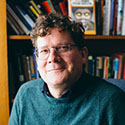
David Dark is the author of five books, including The Possibility of America, Life’s Too Short to Pretend You’re Not Religious, and The Sacredness of Questioning Everything. He lives in Nashville and teaches at Belmont University and the Tennessee Prison for Women.
